Cadres decide
In the last century, urbanization was a catalyst for mass production. The great migration of rural residents to big cities supported the workforce of large enterprises, which became the backbone of frontier economies, including the Belarusian one. But today, too much people in megacities is transforming from a benefit and a driver into risks and threats: social, epidemiological, environmental. And the issue of reaching food security cannot be discounted: if there are no people in the village, what will the city eat? The prospects for the development of regions and new tools for attracting personnel to small settlements were discussed with the heads of regional offices of the Belarusian Institute of Strategic Research.

Housing, salary and prestige
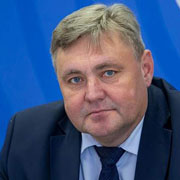
There is a staff shortage in the region, admits Vladimir Zalomai, head of the BISR office for the Grodno region. There are job openings for specialists at enterprises in the regional center, in the utilities sector. There is a shortage of teachers and doctors in the districts. The border location of the region also puts pressure on the labor market. Grodno residents have many relatives and friends in Poland and the Baltic States. And labor migration is a given.
“A young specialist can be attracted and retained in the regions only through the provision of housing, including rental one,” Vladimir Zalomai is convinced. “Plus the provision of material preferences, including one-time financial assistance. And it is necessary to take permanent care of improving the welfare of employees. As I see it, there are no other tools for attracting personnel in the region.”
But the expert notes: it is expedient to review and clarify some points regarding the targeted recruitment. In particular, to medical universities. At present, training referrals are issued by the health department of the Regional Executive Committee. Then, the graduates are distributed by districts according to vacancies. But, according to Vladimir Zalomai, many young doctors, after obligatory post-graduate working, move to regional or metropolitan hospitals. Therefore, there is no acute problem with medical staff in Grodno. The same cannot be said about the districts. According to the expert, perhaps, the problem could be solved by empowering district administrations to issue targeted training referrals so that graduates return home after graduating from medical schools. There is a greater chance that they will "take roots" and will not migrate to big cities in the future.
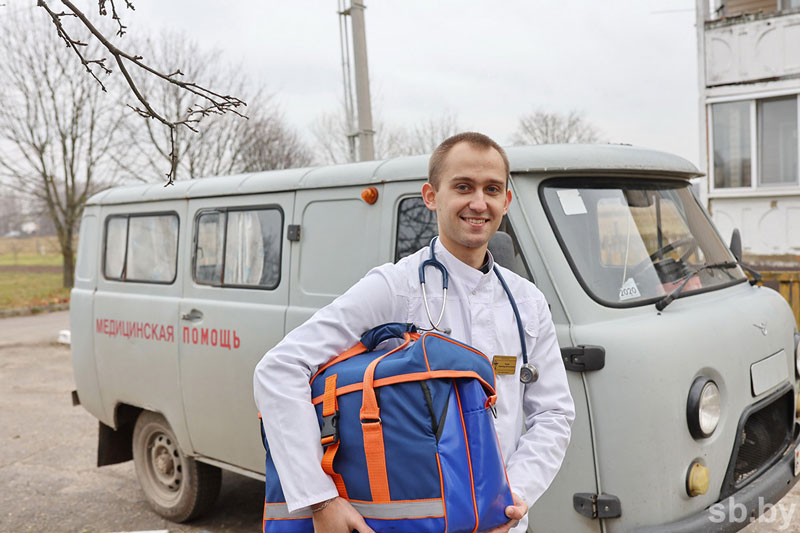
The magic of perspective
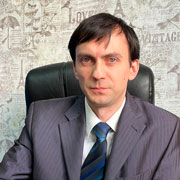
Andrey Mishin, head of the BISR office for the Vitebsk region, is convinced that more profound study of the motivation of young people to work in the regions is required:
"The basic answer is stereotypic, – low wages. Last year, a poll among young specialists was conducted by order of the Regional Executive Committee. And deeper motives also emerge. They may also be dissatisfied with relationships in the team and the outdated corporate culture in regional companies, the high level of workload that does not match the worldview of young people. The modern generation values their time very much and wants to have access to modern infrastructure. There are specifics of the younger generation that need to be taken into account."
The expert also drew attention to another significant problem: one in five young professionals explains their unwillingness to stay at their first job by wrong choice of profession. They entered a certain specialty (their parents had insisted, there was a low competition, to receive a reprieve from military service or for other reasons), received a diploma, and then, while working, they realized: this is not their field of activity. Or they were not ready to live in rural areas, small regional centers. And they seek to change their profession. Of course, it is easier to do this in the regional center or the capital.
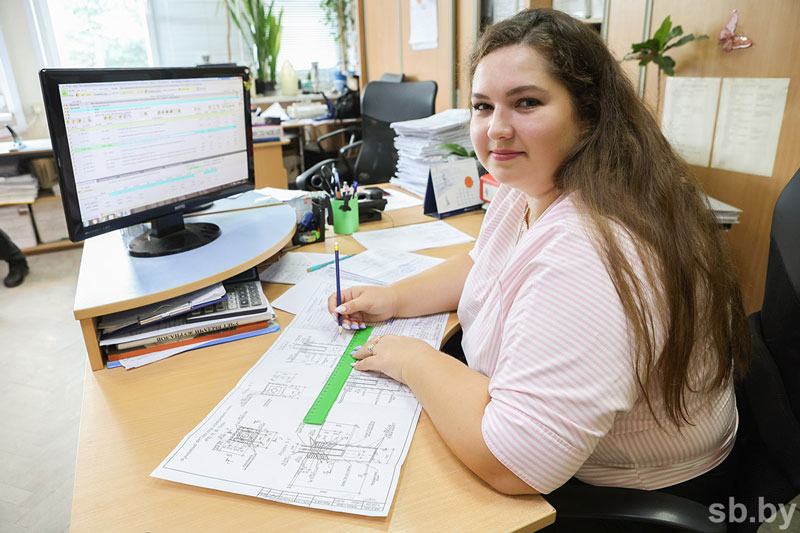
Wages in Minsk are objectively (on average) higher than in the regions. The work is often less difficult. And the infrastructure, including entertainment, is of higher quality and diverse. Andrey Mishin is convinced that it is necessary to create tools that would allow applicants to choose a profession more consciously, since considerable funds are spent on training. And young people also spend time on mastering an unloved (as it turns out later) profession. This matter, the expert sees, still has a reserve for improving efficiency.
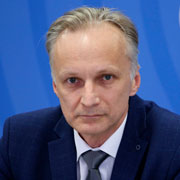
Valery Buslov, head of the BISR office for the Gomel Region, believes that it is very important to form local competencies and provide young people with growth prospects. In particular, he gave a positive example of the Gomel region. The Regional Executive Committee implements the project “School of a young leader”. Promising young people are selected and trained in managerial positions in various business entities, primarily in rural areas. After six months, if the applicants have proved themselves, they are appointed to senior positions. In doing so, the staff shortage in competent specialists is reduced.
"Large enterprises have their own training centers, which also implement the functions of professional improvement and retraining," Valery Buslov explains. "They train personnel there, conduct internships. Own training centers are a reserve for large industries to meet their own needs for qualified personnel. As I can see, our flagships (Mozyr Oil Refinery, Belarusian Steel Works, and others) have a high level of training work. The task is to scale such experience to other enterprises."
A strategic move
According to Vladimir Zalomai, the regional development should be driven by medium-sized and large enterprises in various business areas. Only large companies, in his opinion, are able to attract labor resources and provide a competitive social package, wage levels, and working conditions. He gives an example from agriculture. Large agricultural production cooperatives (SPK) are ready to pay qualified specialists over 3 thousand rubles. They are also developing infrastructure. Not only social, but leisure as well. For example, SPK Ozery has a horse-riding school and a yacht club.
Objectively speaking, micro and small businesses cannot provide a social package of such a level. Oleg Koropov, head of the BISR office for the Mogilev region, also believes that it is very hoard for small enterprises to invest in social infrastructure. Some localities have cafes, leisure centers, and other entertainment facilities. But often they do not work at full capability. And it is quite problematic for them to achieve positive profitability. On one's own, without support of large enterprises (which at least form effective demand at the expense of wages), social investments are difficult to implement.
Valery Buslov is convinced that the positive development of the regions largely depends on the level of competence of local leaders. Both at enterprises and in district administrations. According to the expert, a modern local manager should combine the qualities of both an investment and an anti-crisis manager to effectively manage the available resources, as well as find original strategies for reviving or reprofiling existing enterprises, some of which, for various reasons, are not in the best financial and economic situation.
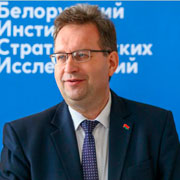
Oleg Koropov also speaks about difficult problems that the regional authorities face in the field of economics. The significant industrial potential in the Mogilev region is concentrated in mechanical engineering and chemical industry. In particular, some of these enterprises have found themselves in a very difficult situation, since the equipment is physically and morally outdated and requires deep modernization to reach profitable work. But now, access to relevant technologies and equipment is difficult due to sanctions. That is why serious work is underway to develop a strategy for the further activities of such companies. To close an enterprise (such proposals are also heard sometimes) is not an option, Oleg Koropov is sure. And it's not just about the social consequences: with the current labour shortage, jobs will be found. But a fairly powerful school of industrial chemists has been forming in the region for decades. Mogilev Region is one of the centers of competence in this area in Belarus. And we cannot afford, it is impossible and impractical, to lose them. Moreover, unfortunately, we have negative experience in certain areas, when in the 1990s some enterprises lost their potential very quickly.
Our regions have good prospects. But much depends on the formation of a competitive strategy and its implementation.


